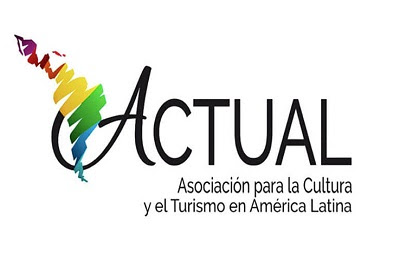- +51 987332792
- hola@trip360.travel
- ENG
Menu
Departure: Wednesday or Sunday
Day 1:
Reserva Nacional de Pacaya Samiria. Río Marañón / Río Ucayali / Reserva Nacional Pacaya Samiria.
Upon arrival at the airport, we will be waiting for you to take you to DoubleTree by Hilton Iquitos hotel, where you will receive the first orientation talk on the adventure you are about to begin. Then, we will head in a private vehicle to the city of Nauta, the historical fluvial port where we will be boarding.
Overnight in the Lodge
Meals: Lunch and dinner
Day 2:
Yanayacu Pucate.
Reserva Nacional Pacaya Samiria / San Regis.
At dawn, we will take a boat to go back, silently, to the Communal Reserve of Yanayacu de Yacapana and observe the beautiful Amazon birds that fill the bushy treetops: parrots, macaws, among many others. We will also see sloths (lazy bears), iguanas, monkeys and, of course, the pink and red dolphins which have made this place so popular. A true natural scenery of color and life in the heart of the rainforest.
Overnight in the Lodge
Meals: Breakfast, Lunch and dinner
Día 3:
San José de Zarapanga Shiriyucu
Reserva Nacional Pacaya Samiria / Nauta
The early morning hours have a special feeling to connect ourselves with the rainforest and are a unique opportunity to do some birdwatching. In this third morning, we have programmed for you a boat outing before breakfast. This time, our destination will be Marayali river stream, a privileged area for birdwatching numerous endangered species. Back aboard, buffet breakfast will be served and will be followed by an exploration outing in the Pahuachiro area, another gem to appreciate Amazon biodiversity.
Overnight in the Lodge
Meals: Breakfast, Lunch and dinner
Día 4:
Iquitos.
Nauta / Iquitos.
After the buffet breakfast on board La Perla, we will proceed to disembark in Nauta to head to Iquitos. On the way, we will visit the Amazon Rescue Center (CREA), where biologists and volunteers take care of animals that have been saved from illegal trafficking, among them, the endearing manatees, which are aquatic mammals dangerously threatened by hunters. In this place, are the specimens that the authorities have been able to rescue and are in the process of preparing for their reinsertion into their natural environment. Here you can learn more about their characteristics, the risks they face (such as the deterioration of their habitats and wildlife trafficking) and, best of all, play with them because they are very friendly.
After this emotional and unforgettable experience, we will continue to Iquitos and our journey will conclude once we arrive at the airport.
Meals: Breakfast
Notes:








